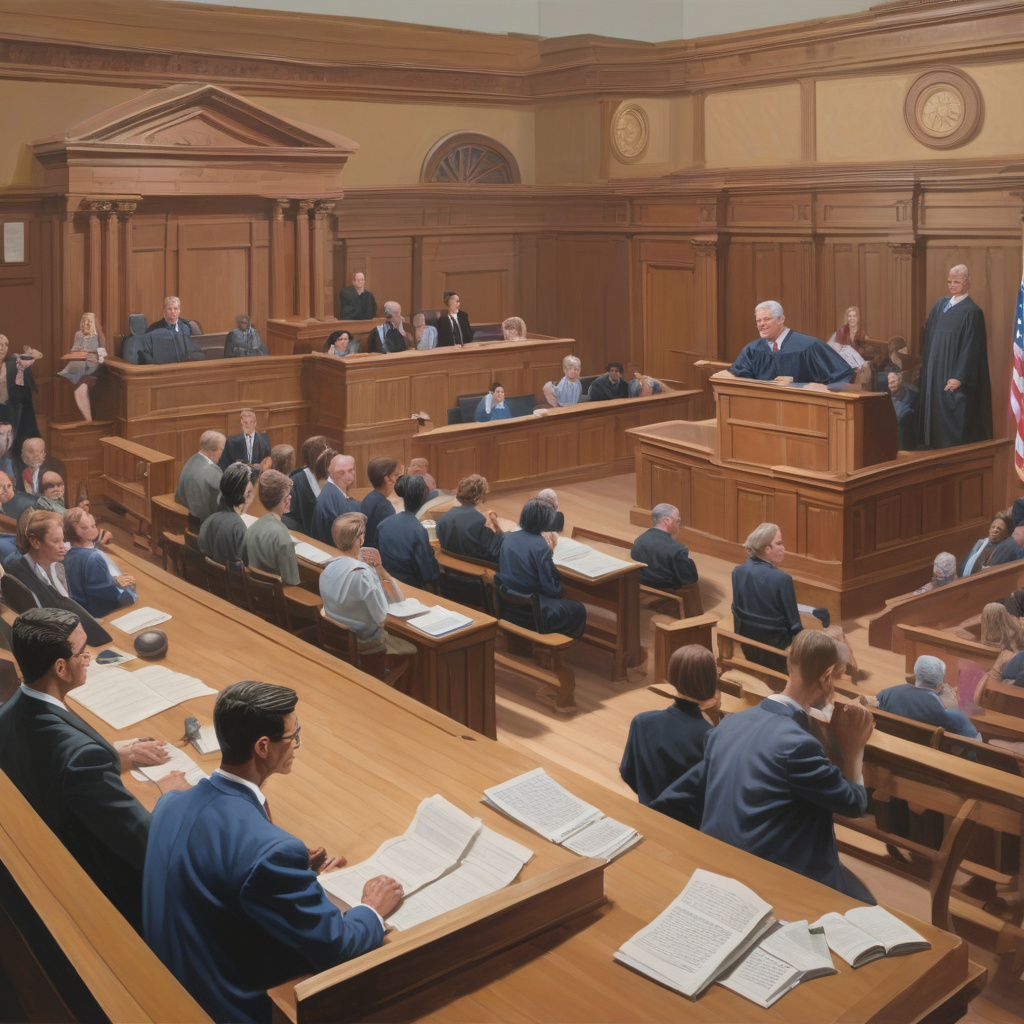Court Ruling Raises Alarm Over Saved ChatGPT Chats
In a digital age where privacy concerns are at the forefront of discussions, a recent court ruling has sent shockwaves through the online community. Over 70 million individuals are now facing the potential exposure of their AI chats, all due to a copyright case that has raised significant alarm bells.
The case revolves around the popular AI chatbot ChatGPT, which is known for its ability to engage in conversations that are eerily human-like. Users have flocked to this technology for various reasons, from seeking companionship to assistance with tasks. However, what many may not have realized is that their interactions with ChatGPT could come back to haunt them.
The crux of the issue lies in the storage of these conversations. While users may have assumed that their chats were private and transient, it has come to light that ChatGPT has been saving these interactions. This revelation has sparked concerns over what this data could be used for and who might have access to it.
With the recent court ruling, the situation has escalated. The copyright case has brought to the forefront the issue of ownership of these conversations. Users are now grappling with the harsh reality that the chats they believed to be fleeting could be used against them in ways they never anticipated.
The implications of this ruling are far-reaching. From potential breaches of privacy to the misuse of personal information, the fallout from this case could be significant. As more details emerge, it is crucial for individuals to be aware of the risks associated with engaging with AI technologies like ChatGPT.
So, what can users do to protect themselves in light of this alarming development? One key step is to be mindful of the information shared with AI chatbots. While it may be tempting to treat these interactions casually, it is important to remember that the data exchanged could have lasting consequences.
Additionally, users should familiarize themselves with the privacy policies of the platforms they engage with. Understanding how data is collected, stored, and used can help individuals make informed decisions about the technology they interact with.
Furthermore, advocating for stronger data protection laws and regulations is essential. The case involving ChatGPT underscores the pressing need for robust safeguards to protect individuals’ privacy rights in the digital realm.
In conclusion, the court ruling that has brought to light the issue of saved ChatGPT chats serves as a stark reminder of the importance of privacy in the digital age. With over 70 million users potentially at risk of exposure, it is crucial for individuals to be vigilant about the data they share online. By staying informed, being proactive about privacy, and advocating for stronger regulations, users can better protect themselves in an ever-evolving digital landscape.
privacy, AI, data protection, ChatGPT, court ruling
